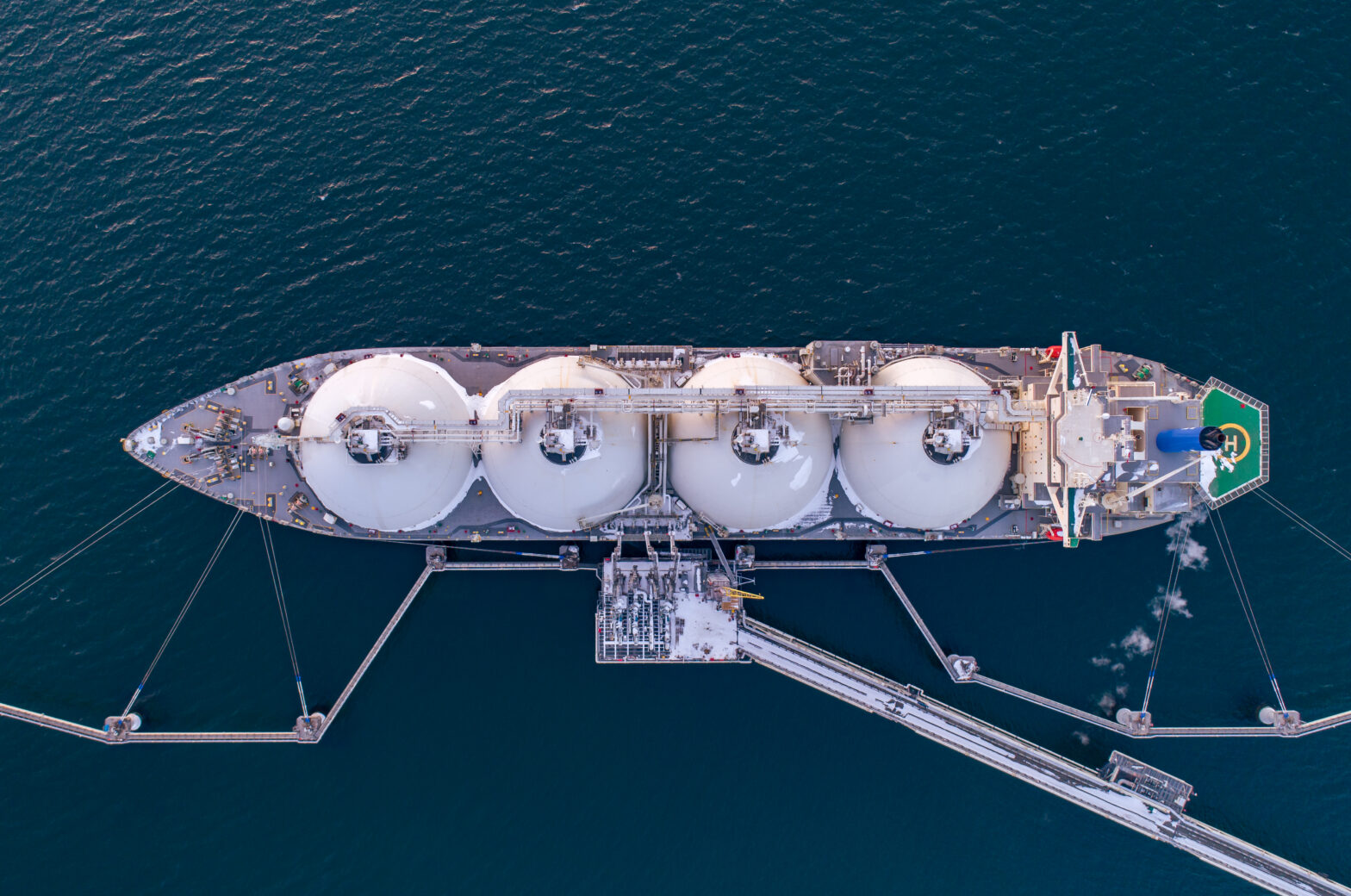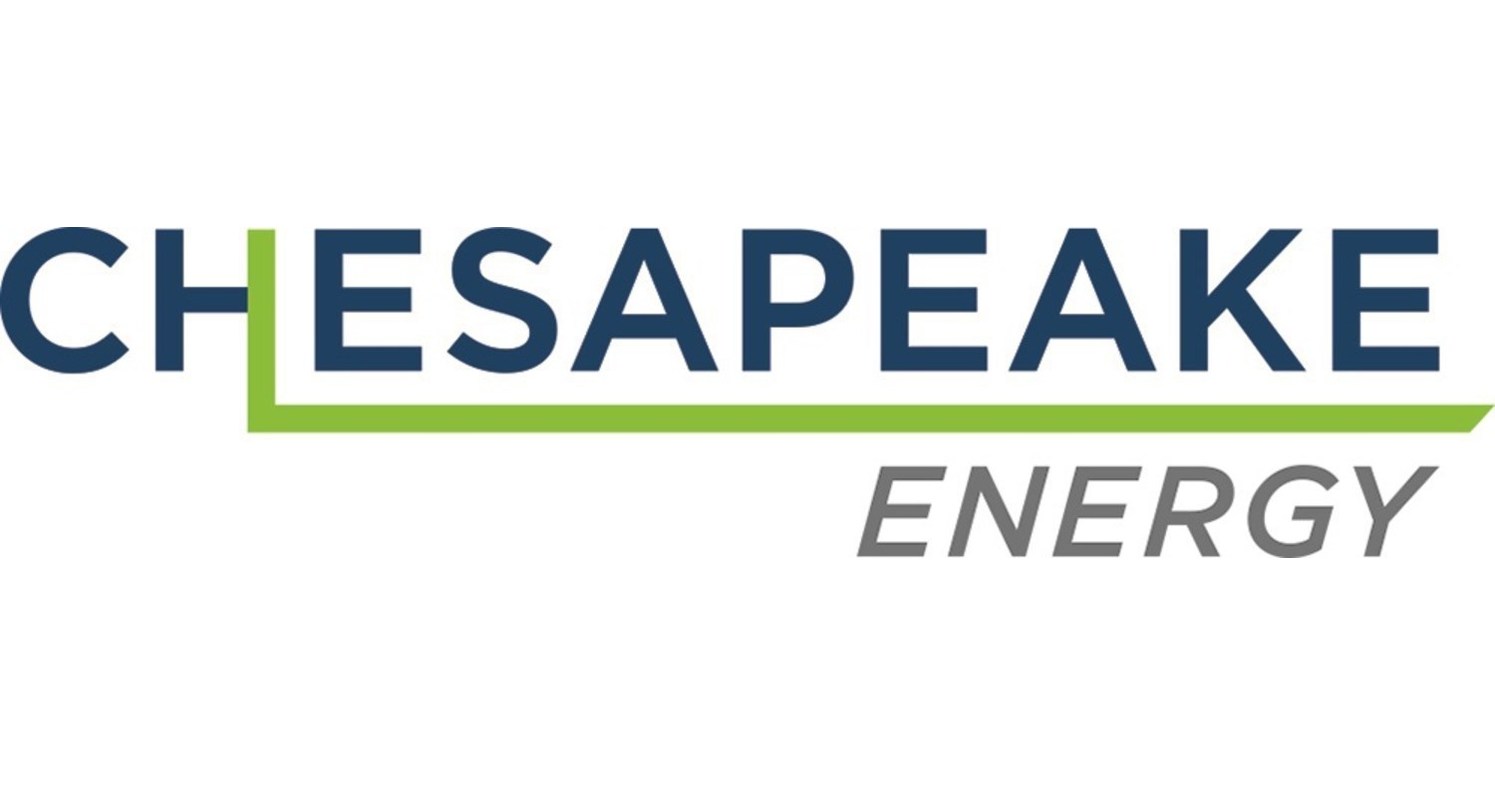
Statement to Accelerate Reduction of Liquefied Natural Gas (LNG) Supply Chain Emissions
The Ministry of Economy, Trade and Industry of Japan (METI) and Japan Organization for Metals
and Energy Security (JOGMEC), together with the International Energy Agency (IEA), the United
Nations Environment Programme’s International Methane Emissions Observatory (UNEP’s IMEO),
the International Group of Liquefied Natural Gas Importers (GIIGNL), the Environmental Defense
Fund (EDF), and the methane emissions certification body MiQ (hereinafter collectively referred to
as the Parties), with support from the Government of Canada, hereby issue this Statement to
accelerate the reduction of LNG supply chain emissions.
The ‘Coalition for LNG Emission Abatement toward Net-zero’ (CLEAN initiative) was launched in
2023 as a voluntary and mutually beneficial partnership between LNG producers and buyers,
facilitating collective actions across the entire LNG supply chain to reduce emissions. LNG buyers
participating in the initiative send a questionnaire to LNG producers, inquiring about the status of
emission management and reduction efforts for each project. LNG producers are encouraged to
provide as much information as possible, because the initiative offers an information platform to
enhance visibility on LNG-related emissions and disseminate best practices being implemented by
LNG producers. The initiative has received support from several governments including METI and
recognition from international organizations and associations including the IEA, UNEP’s IMEO,
GIIGNL, EDF and MiQ. JOGMEC support the initiative as the secretariat.
METI and the IEA started two-year work programme on gas security in 2024, including a detailed
assessment of a roadmap for low-carbon LNG technology deployment, and the IEA has released a
full report ‘Greenhouse gas emissions from liquified natural gas supply and abatement
opportunities’. This report is written as a precedent for a roadmap and explores in detail the
sources of emissions across the LNG supply chain and evaluates the opportunities and costs of
reducing them.
- The Parties recognize that there are opportunities to reduce emissions across the LNG supply
chain and reaffirm the importance of cooperation in this field. - The Parties will cooperate on the preparation of the aforementioned roadmap for reducing
emissions from LNG and will refer to it when available, while assessing the feasibility of
developing emission reduction technologies. - The Parties express their collective interests in the development of a verification mechanism for
emissions reduction from the LNG supply chain. This verification mechanism will aim to leverage existing global standards and protocols.
Other voluntary activities by the Parties
METI and GIIGNL have issued the Joint Statement to pursue specific collaboration initiatives in the
field of the cleaner LNG value chain and globally sustainable energy system, with the potential
specific collaboration areas such as joint development of a framework for GHG emissions from the
LNG value chain, integrating the reporting of actual emissions, reductions measures and
potentially incremental tools such as carbon offsets.
METI and MiQ have announced a collaboration to verify OGMP 2.0 L5 emissions across LNG
import value chains into Japan. This increased value chain transparency will support ambitions to
understand emissions and pursue cleaner LNG supply. While the strategic collaboration focuses
on improving value chain reporting, it will also offer the option of methane certifications. These
certifications will reinforce businesses’ commitment to transparency and leadership in low methane
emissions, while unlocking additional financial incentives.
METI and JOGMEC have issued the Joint Statement on Technical Collaboration and Data
Transparency on Methane Abatement from LNG Value Chain in collaboration with UNEP’s IMEO
to jointly pursue efforts to provide more transparent data, including the intent to reach data
disclosure by project, regarding methane emissions from the LNG value chain in a harmonized
manner.

